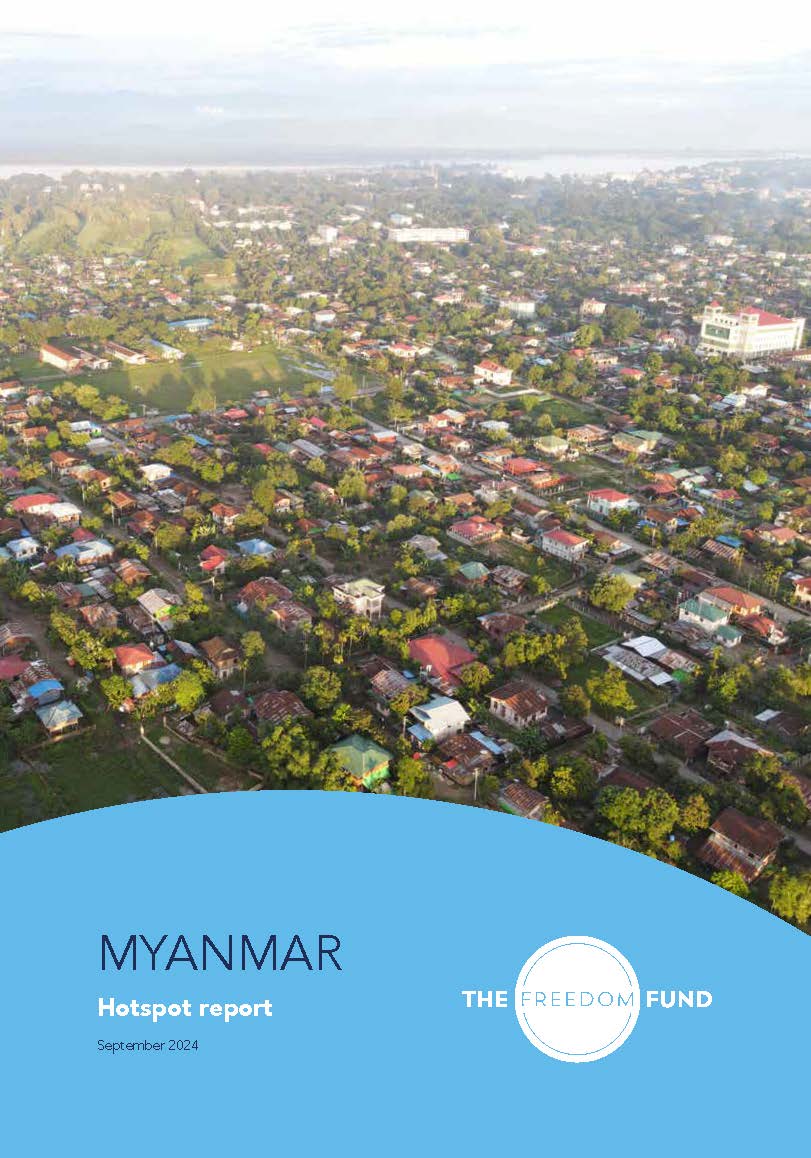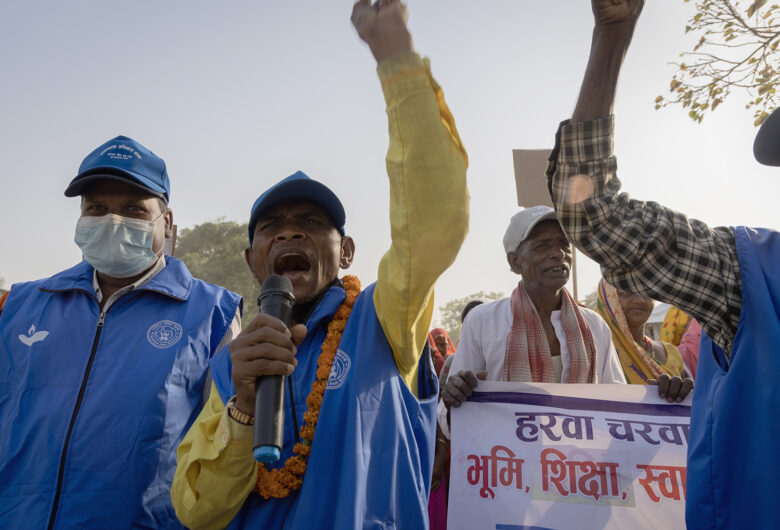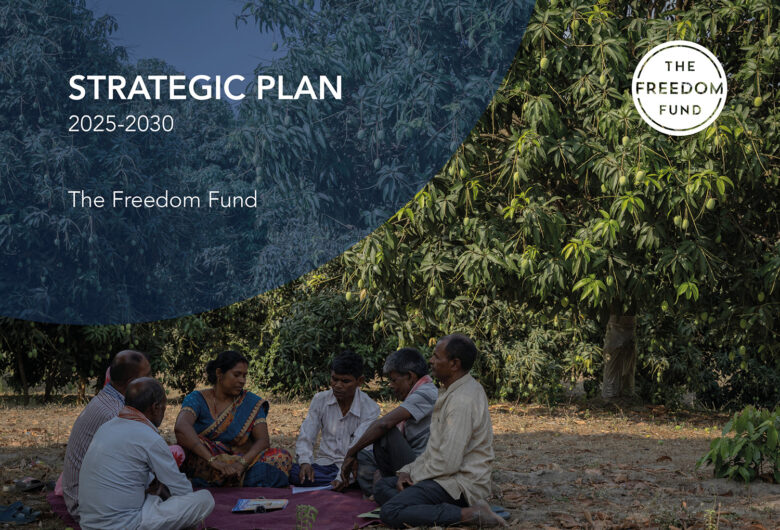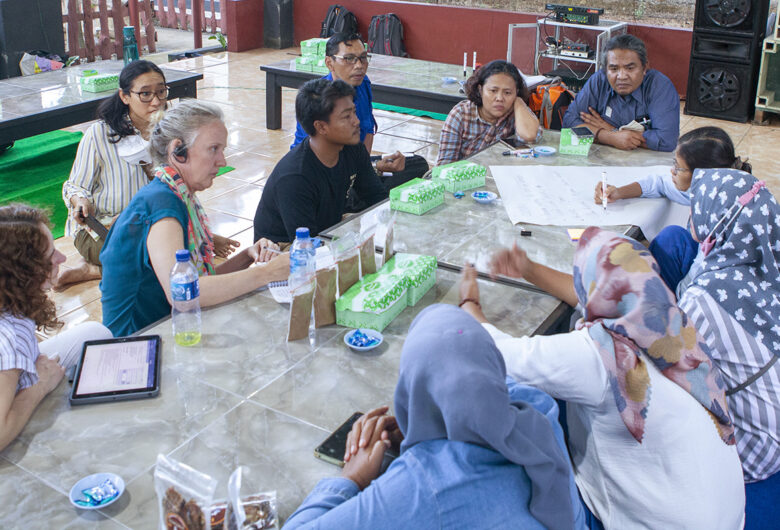Key information
- Hotspot launch
- 2020
- Lives impacted
- 39,814
- Focus areas
-
- Forced marriage
- Forced labour
- Human trafficking
What we do
Since 2022, only a few civil society organisations remain to provide dedicated support to survivors of human trafficking and address an increased risk of trafficking and exploitation among vulnerable populations in Myanmar.
With grant funds from the Freedom Fund and strategic technical assistance, our Myanmar partners are working together to address extreme forms of exploitation and human trafficking, especially among women and girls, in areas with the highest registered cases, such as the Yangon Region, Kachin State and northern Shan State. They are focused on filling a service provision gap for survivors of trafficking, supporting community-level mechanisms to respond and prevent human trafficking and ensuring that anti-trafficking efforts continue to receive attention and are integrated into the larger humanitarian response. By establishing community level networks and mechanisms, they have been able to maintain a presence at the grassroots even when security concerns prevent access.
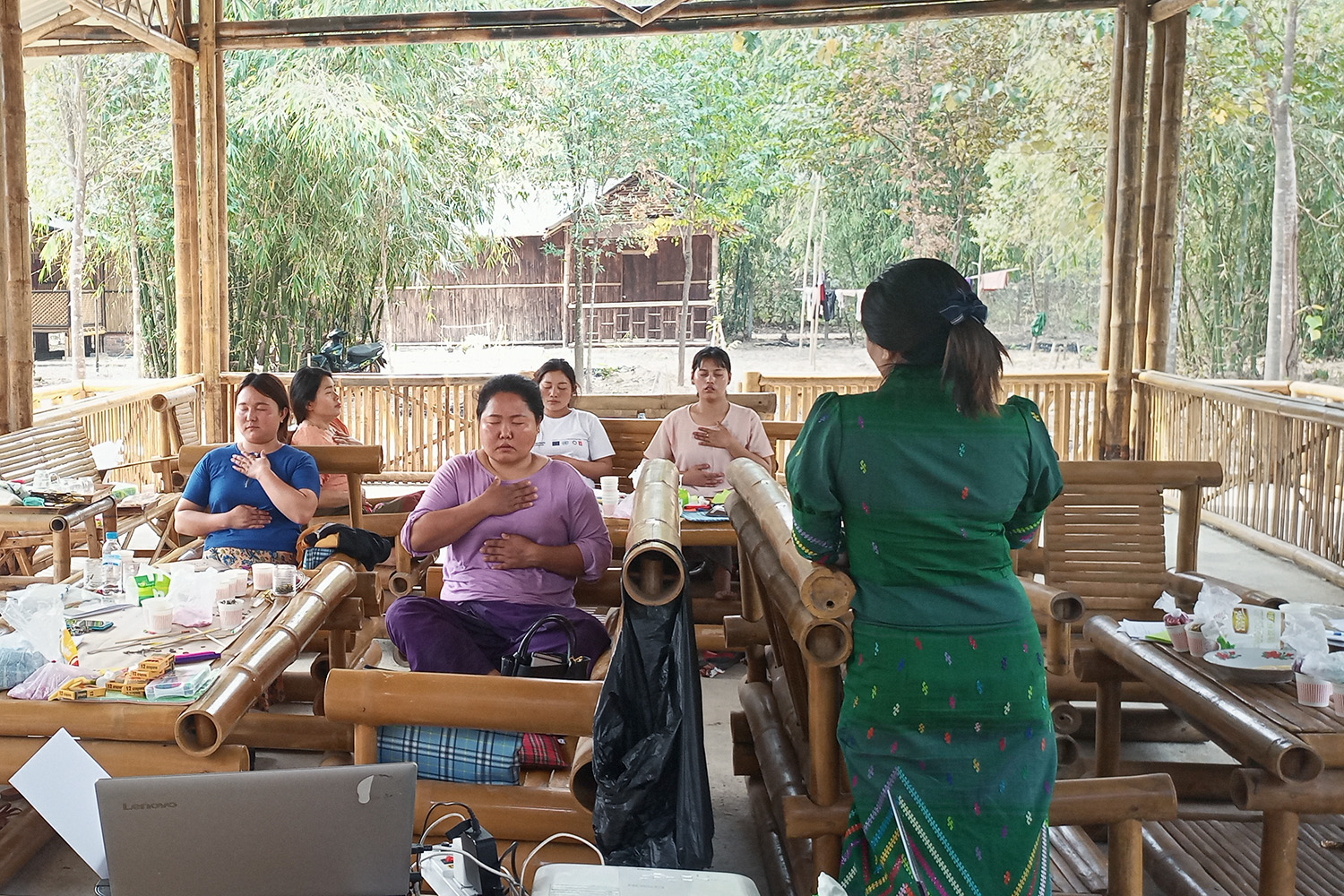
The issue
For many years, women and girls in Myanmar, especially in the more remote regions of the country, have been vulnerable to human trafficking and exploitation. Chronic political instability and limited livelihood options pushed many to migrate in pursuit of a better life, leaving them open to exploitation. These vulnerabilities were further exacerbated by the covid-19 pandemic and then the 2021 military takeover of the civilian government.
The current context, marred by violence and severe economic hardship, means that people are newly displaced and desperate with many pursuing high-risk coping strategies, including irregular migration abroad and exodus to the border states and regions. Young people, women and girls, and migrant workers are facing heightened risks of different forms of exploitation, including sex trafficking, forced marriage, and forced labour. While, exploitation taking place in scamming compounds in Myanmar’s autonomous zones is receiving increased regional and international attention, little spotlight has been given to the exploitation of women and girls, including sexual exploitation in those compounds.
In 2019, the Freedom Fund collaborated with Johns Hopkins University to conduct a prevalence study to better understand trafficking of women from Myanmar for forced marriage and childbearing to China. Click below to read more about the findings of this research.
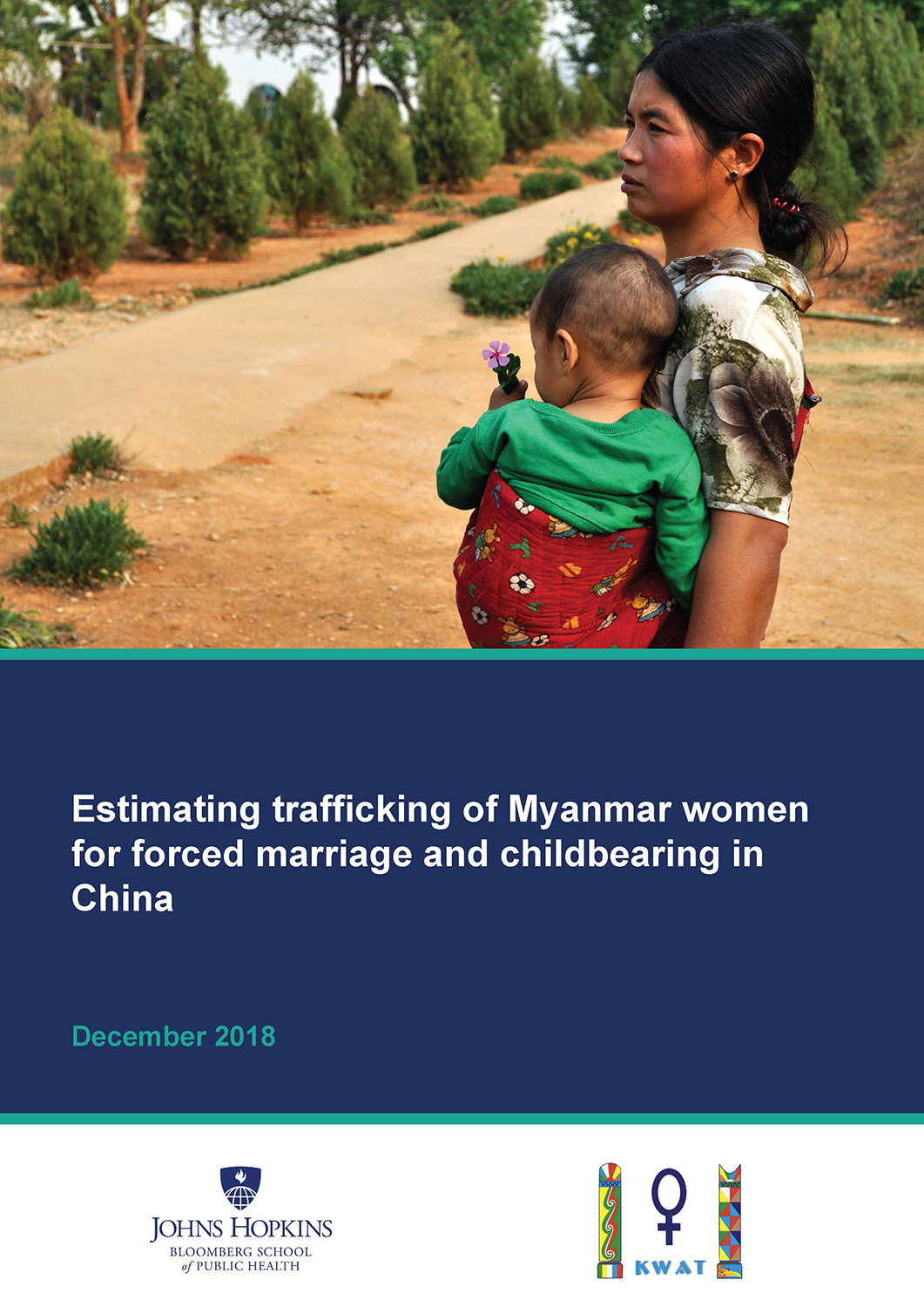
Community impact
Since our village is close to China there were a lot of human trafficking cases. Chinese men came to our villages asking for daughters... Girls from our village who followed their new husbands to China experienced great abuse and exploitation at the hands of their new families. Their husbands beat and threatened girls because they were angry. Some of the girls were then trafficked to another place. Because of the training we received, we now understand what trafficking means. As a result, cases of trafficking and forced marriage have decreased in our village.
Community member who attended an anti-trafficking training provided by a Freedom Fund civil society partner in Myanmar
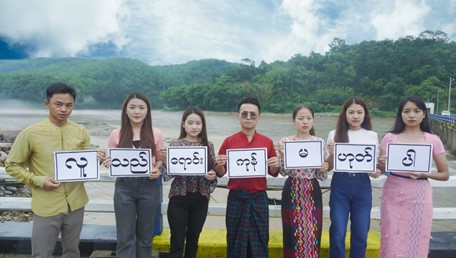
Our approach
Community-led partnerships
We greatly appreciate our collaborative partnership with the Freedom Fund, which has been shaped by a nuanced understanding of the local context and increased adaptability to the constantly changing situation in Myanmar.
Freedom Fund civil society partner in Myanmar
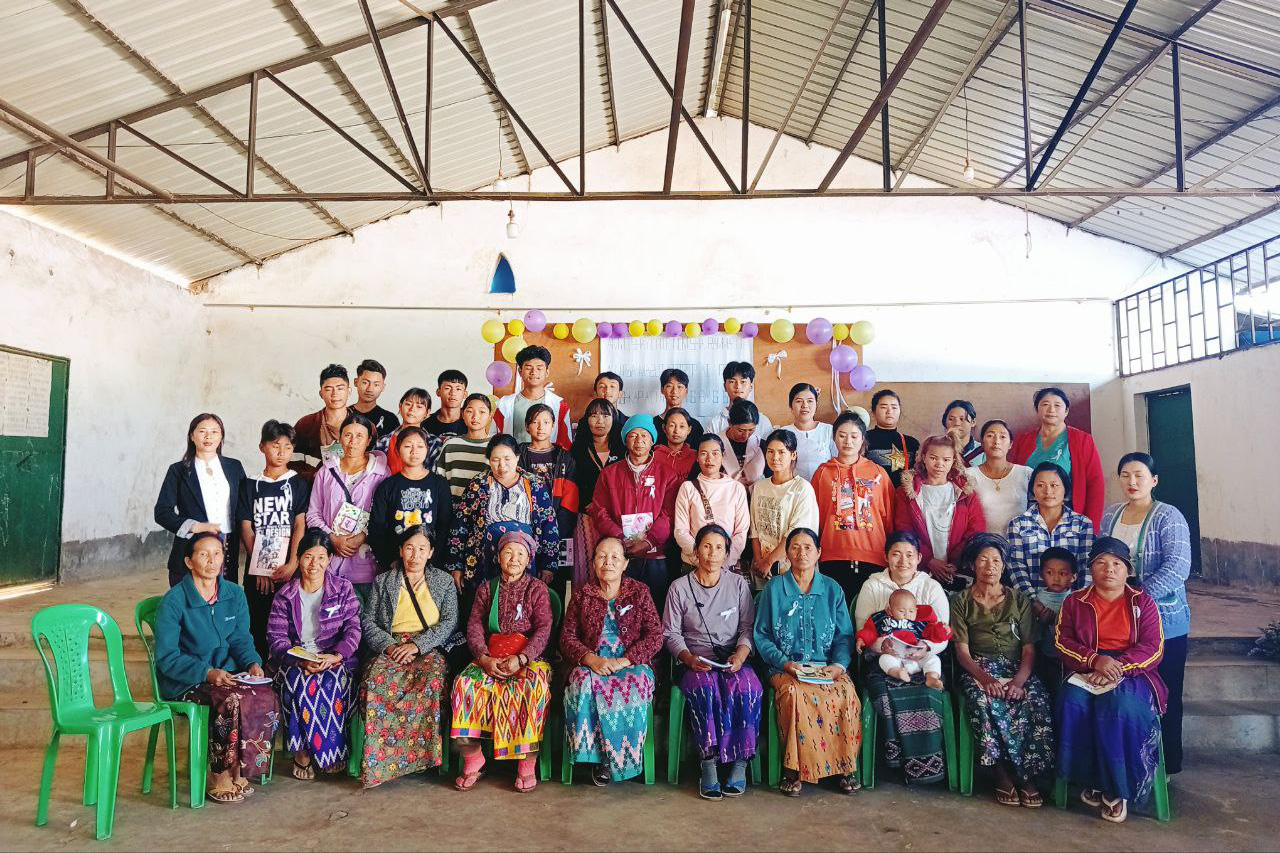
Our team

Ni Ni Aung
Consultant, Myanmar

Hannah de Ville
Senior Program Manager
